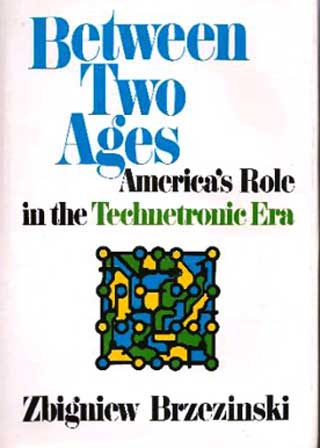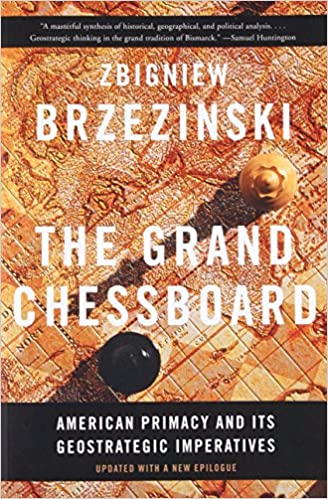Zbigniew Brzezinski
Zbigniew Brzezinski, a prominent political scientist and former U.S. National Security Advisor, has been influential in shaping American foreign policy and global strategy. While his contributions have been significant, it is essential to critique his political theories in the context of the American philosophy of individual freedom, life, liberty, and the pursuit of happiness. In this analysis, we will focus on Brzezinski’s key concepts, including his emphasis on the role of the state, the technocratic elite, and geopolitical strategy, and how they contradict these core American values.
The Role of the State
Brzezinski’s political theories often emphasize the importance of a strong and interventionist state to manage both domestic and international affairs. He argues that this centralization of power is essential to maintain stability and control in a complex and interconnected world. However, this perspective contradicts the American principles of individual freedom and limited government intervention, which are fundamental to safeguarding the rights and liberties of citizens.
The Technocratic Elite
Brzezinski is well-known for his support of the technocratic elite – a group of highly skilled and educated individuals who should be tasked with managing global affairs. While this approach may appear efficient and meritocratic, it raises concerns about the erosion of democratic principles and the marginalization of the broader public. By concentrating decision-making power in the hands of a select few, Brzezinski’s theory risks undermining the principles of individual freedom and self-determination that are central to the American ethos.
Geopolitical Strategy and Realpolitik
In the realm of geopolitics, Brzezinski has long advocated for a realist approach, emphasizing power and national interests over ideals and values. While this pragmatic stance may lead to some short-term gains, it runs counter to the American principles of life, liberty, and the pursuit of happiness. By prioritizing geopolitical strategy above the welfare of people, Brzezinski’s theories risk perpetuating conflicts, human rights abuses, and the suppression of individual freedoms both domestically and internationally.
The Erosion of Civil Liberties
Lastly, Brzezinski’s political theories have sometimes been employed to justify the erosion of civil liberties in the name of national security. For example, his ideas have been used to support controversial policies such as mass surveillance, extraordinary rendition, and the curtailing of free speech. These measures not only contravene the American values of life, liberty, and the pursuit of happiness but also threaten the fundamental rights that underpin the nation’s democratic system.
Conclusion
While Zbigniew Brzezinski has been an influential figure in shaping American foreign policy, his political theories often contradict the core American values of individual freedom, life, liberty, and the pursuit of happiness. The emphasis on a strong state, the technocratic elite, and geopolitical strategy at the expense of democratic principles and individual rights raises important concerns about the compatibility of his ideas with the American ethos.


